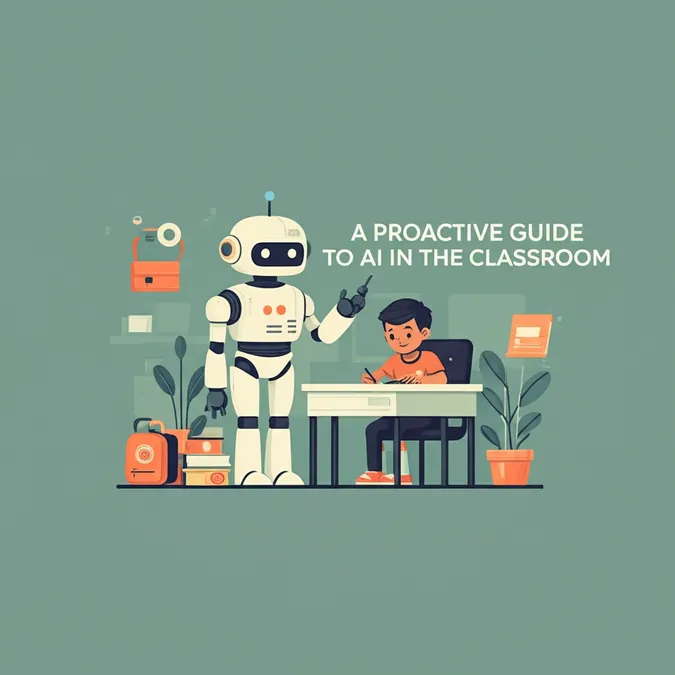Developer Offer
Try ImaginePro API with 50 Free Credits
Build and ship AI-powered visuals with Midjourney, Flux, and more — free credits refresh every month.
Why Sam Altman Says You Should Question ChatGPT Results
ChatGPT has taken the world by storm, becoming a household name and a go-to tool for everything from writing emails to coding complex software. Yet, amid the widespread acclaim, a crucial voice of caution has emerged from the person who knows it best: OpenAI CEO Sam Altman. His message is simple but vital—don't blindly trust everything ChatGPT tells you.
The Creator's Cautionary Stance
Sam Altman has repeatedly emphasized that while ChatGPT is a powerful tool, it is not an infallible source of truth. He has warned that the AI can and does make mistakes, a phenomenon often referred to as "hallucination," where the model generates confident-sounding but entirely fabricated information. Altman's perspective is that ChatGPT should be seen as a reasoning engine, not a factual database. It is exceptionally good at connecting concepts and generating human-like text, but it doesn't possess true understanding or a consciousness that can verify facts. This warning comes directly from the top, highlighting the inherent limitations of the current technology, a point also covered by sources like Benzinga.
Why You Should Listen: The Pitfalls of AI
Ignoring Altman's advice carries significant risks. Over-reliance on AI without critical evaluation can lead to the spread of misinformation, flawed decision-making in business, and academic integrity issues in education. For professionals, using unverified AI-generated code could introduce subtle but critical bugs. For students, submitting AI-written essays as their own not only constitutes plagiarism but also bypasses the learning process. The core danger lies in accepting AI's output as gospel. The system is designed to be helpful and agreeable, which means it will often provide an answer even when it doesn't have the correct data, filling in the gaps with plausible but incorrect details.
How to Use ChatGPT Smartly and Safely
So, how can you leverage the power of ChatGPT without falling into its traps? The key is to treat it as a highly capable assistant, not an absolute authority.
- Always Fact-Check: If you're using ChatGPT for research or to learn about a new topic, always verify the information it provides with multiple, reliable sources.
- Use it as a Starting Point: Let ChatGPT generate a first draft, brainstorm ideas, or summarize complex documents. Then, use your own expertise and critical thinking to refine, edit, and fact-check the output.
- Understand its Limitations: Be aware of the potential for bias in the AI's responses, which are based on the vast dataset it was trained on. Do not use it for critical medical, legal, or financial advice.
- Refine Your Prompts: The more specific and detailed your questions are, the more likely you are to get a high-quality, relevant response. Provide context and clearly state your requirements.
By embracing a mindset of "trust but verify," users can unlock the immense potential of ChatGPT as a productivity and creativity tool while mitigating the risks. Sam Altman's warning isn't meant to discourage use, but to encourage responsible and intelligent interaction with this groundbreaking technology.
Compare Plans & Pricing
Find the plan that matches your workload and unlock full access to ImaginePro.
| Plan | Price | Highlights |
|---|---|---|
| Standard | $8 / month |
|
| Premium | $20 / month |
|
Need custom terms? Talk to us to tailor credits, rate limits, or deployment options.
View All Pricing Details

